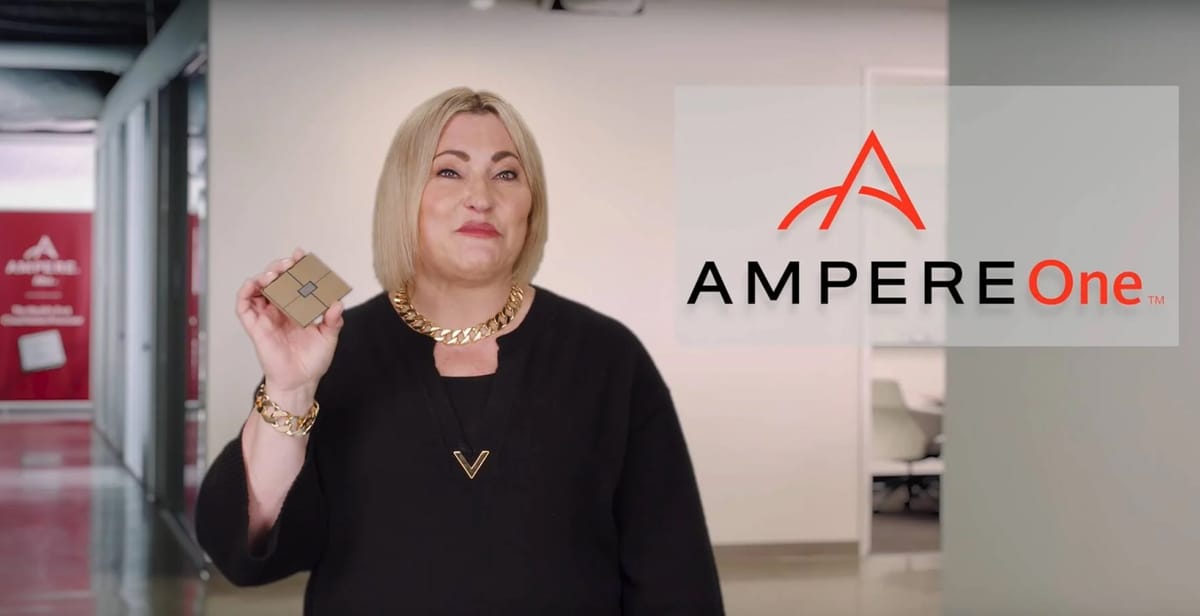SoftBank Group is set to acquire Ampere Computing in a $6.5 billion all-cash deal that underscores its determination to reshape AI infrastructure while sidestepping conventional industry narratives.
Key Points
- SoftBank will pay $6.5 billion in cash for Ampere Computing.
- Ampere, known for its energy-efficient, ARM-based chips, will operate as an independent subsidiary.
- The deal is expected to close in the latter half of 2025, pending regulatory approvals.
The deal, valued at $6.5 billion in an all-cash transaction, was finalized with a series of meticulously planned steps. According to a SoftBank press release, the acquisition will be executed through a reverse triangular merger, ensuring that Ampere operates as a wholly owned subsidiary while retaining its brand identity and headquarters in Santa Clara, California. This method not only preserves Ampere’s operational independence but also aligns its cutting-edge design expertise with SoftBank’s broader ecosystem, which includes a deep-rooted partnership with Arm Holdings.
Ampere isn’t a typical startup story. Founded by former Intel executive Renée J. James in 2017, the company has grown rapidly, assembling a team of approximately 1,000 semiconductor engineers. Its focus on creating ARM-based chips that handle both cloud-native workloads and emerging AI applications sets it apart in a market often dominated by traditional x86 architectures. As industry observers note, the efficiency and scalability of these chips could prove pivotal as data centers increasingly grapple with the computational demands of AI.
SoftBank’s chairman and CEO, Masayoshi Son, emphasized the significance of this strategic acquisition by stating, “The future of Artificial Super Intelligence requires breakthrough computing power.” His remark, echoed across multiple reports, reflects SoftBank’s broader vision of transforming AI infrastructure in a market where traditional giants like Nvidia and Intel continue to hold sway. By integrating Ampere’s innovative chip designs into its portfolio, SoftBank not only reinforces its commitment to AI innovation in the United States but also signals a broader industry trend toward diversified computing architectures.
The deal, while robust in its financial and strategic rationale, is still subject to customary regulatory clearances—including U.S. antitrust review and a CFIUS evaluation—and is expected to close in the latter half of 2025. This timeline leaves room for potential adjustments as both companies navigate the complex interplay of global tech regulation and market dynamics.

